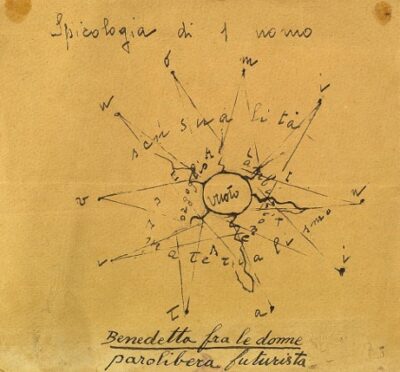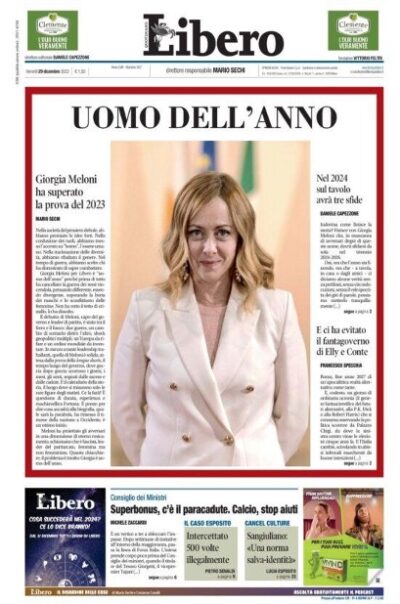Conservative Feminism / Femminismi di destra. Journal Editorial
Journal Editorial by Ombretta Frau (Guest Editor), Juliet Guzzetta (Guest Editor), Paola Bonifazio (Invited Perspectives Editor), Nicoletta Marini-Maio (General Editor)
The editorial includes the Editors’ and Guest Editors’ introductions to their respective areas.




